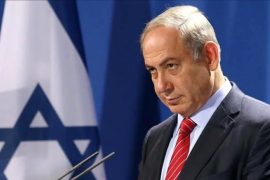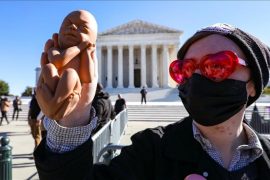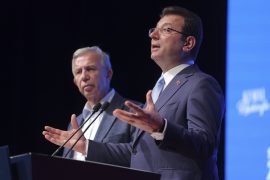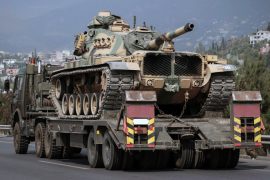State
State
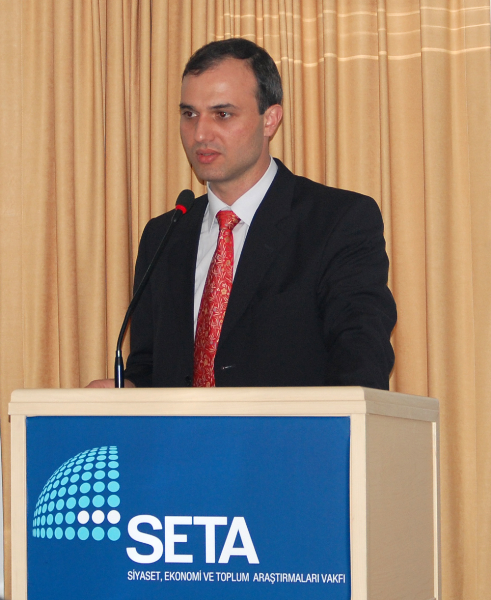
Secularism and State Policies toward Religion: The United States, France, and Turkey
| Domestic PolicySETA PUBLIC LECTURE Ahmet Kuru Assistant Professor of Political Science, San Diego State University Date: June 3, 2010 Thursday Time: 16.00 – 18.00 Venue: SETA, Ankara
-
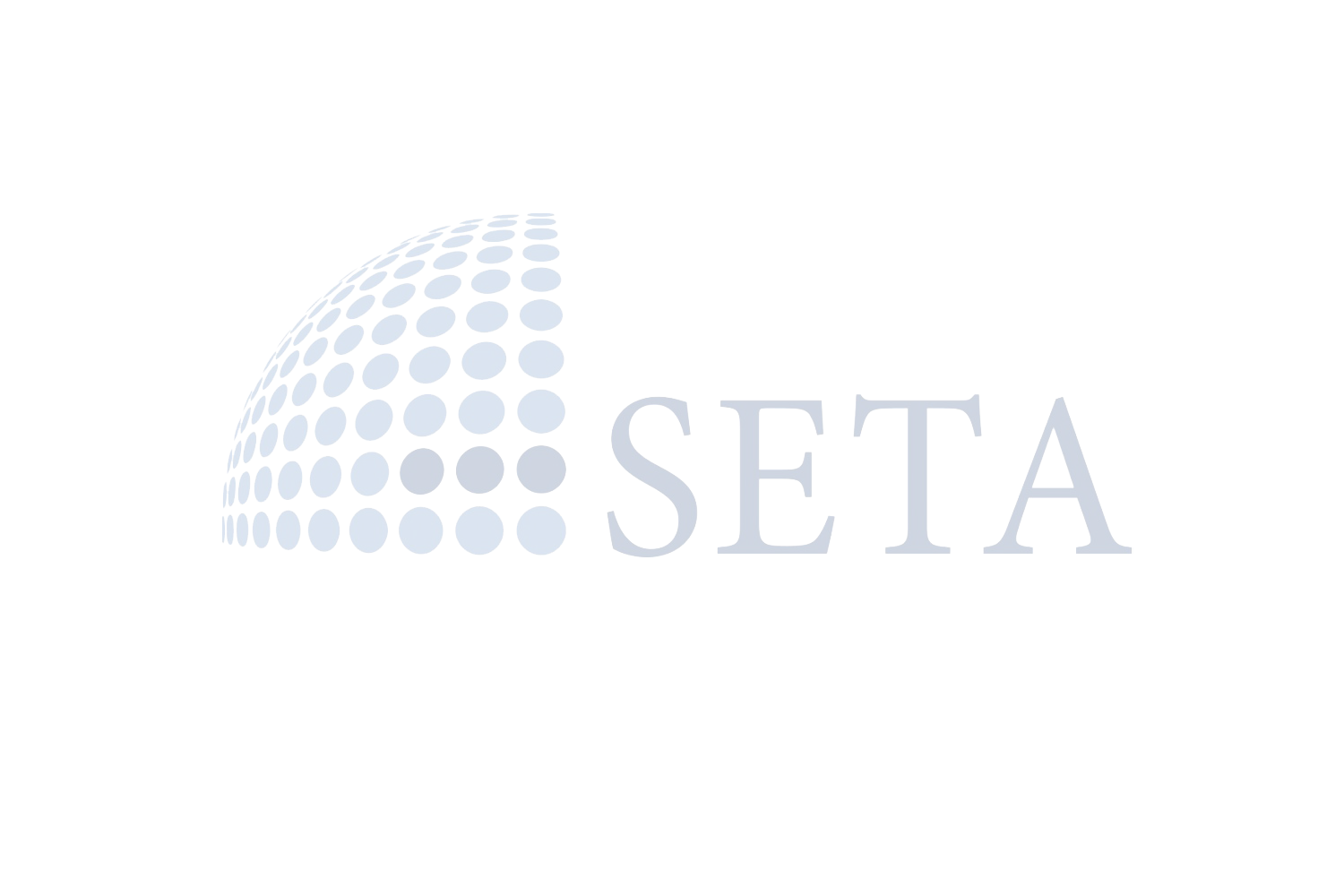 Domestic Policy
Domestic PolicyKurds Are Unable to Convince Turks They Do Not Want a Separate State
By Hatem EteOne of the most significant findings of a study conducted jointly by the Foundation for Political, Economic and Social Research (SETA) and PollMark, titled “Turkey's perception of the Kurdish issue,” is that the majority of society views the Kurdish issue as the most important political issue of Turkey after unemployment, which can be seen as an economic problem.
-
 Domestic Policy
Domestic PolicyUnderstanding State, Society and Religion in Turkey (II)
By Talip KüçükcanTurkey has a unique experience in state formation, in formulating state-religion relations, but some painful periods in its history regarding democratization. The military intervention on Sept. 12, 1980 suspended Turkey's fragile democracy and caused a breakdown in party politics by banning all political parties and sending their leaders to trial. The first election after the military coup in 1983 was a turning point in Turkish political history, and the election results and subsequent government policies under Turgut Ozal's premiership changed the course of Turkish political culture for decades to come. Ozal's center-right liberal-conservative Motherland Party (then called ANAP, now ANAVATAN) launched a liberalization and democratization policy in Turkey, which facilitated the expression of Islam in the public sphere to a greater degree than before. As part of its policy, the government deleted Articles 141, 142 and 163 of the Constitution to lift obstacles to freedom of thought. ANAP also adopted a free market economy through a large-scale privatization movement.
-
 Domestic Policy
Domestic PolicyUnderstanding State, Society and Religion in Turkey (I)
By Talip KüçükcanMany observers fail to see the unique position of Turkey concerning state, society and religion mainly because they concentrate on recent reports in the mass media which usually focus on tensions and fears. Therefore analysis on these issues only touches the surface and fails to grasp the persistent multidimensional modern Turkey. Turkey occupies a unique place among modern nation states. Not only from a geopolitical point of view, but also from cultural and religious points of view. Turkey lies at the crossroads between Eastern and Western interests. The political and cultural identity of modern Turkey emerged under the influence of domestic and external forces that existed in and around Turkey throughout the centuries. Since modern Turkey was established on the remains of the Ottoman Empire, periods of conflict and cooperation between Turkey and other political entities, such as Europe and the Middle East, have led to the development of the modern Turkish state and influenced its move toward modernization.





